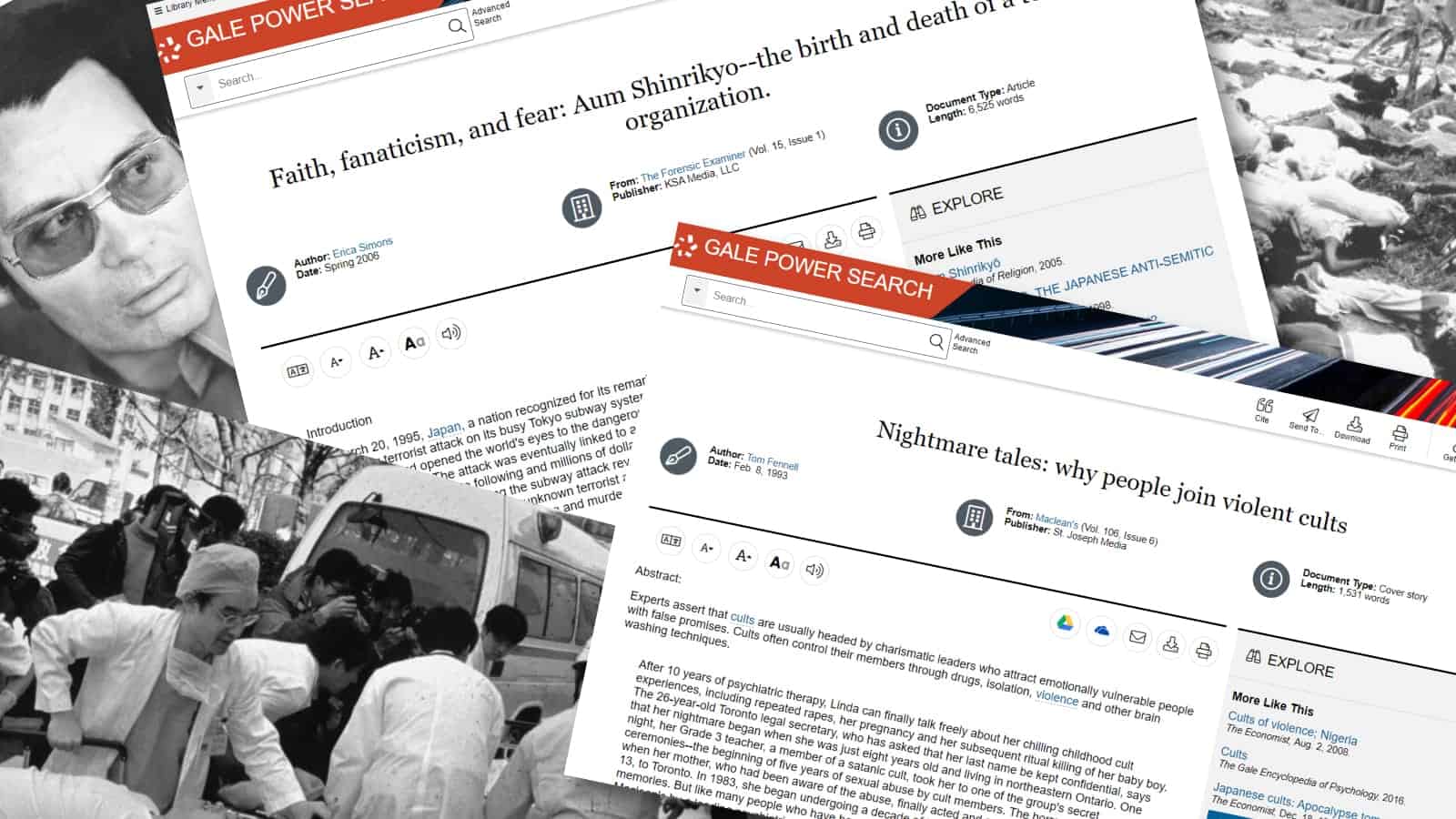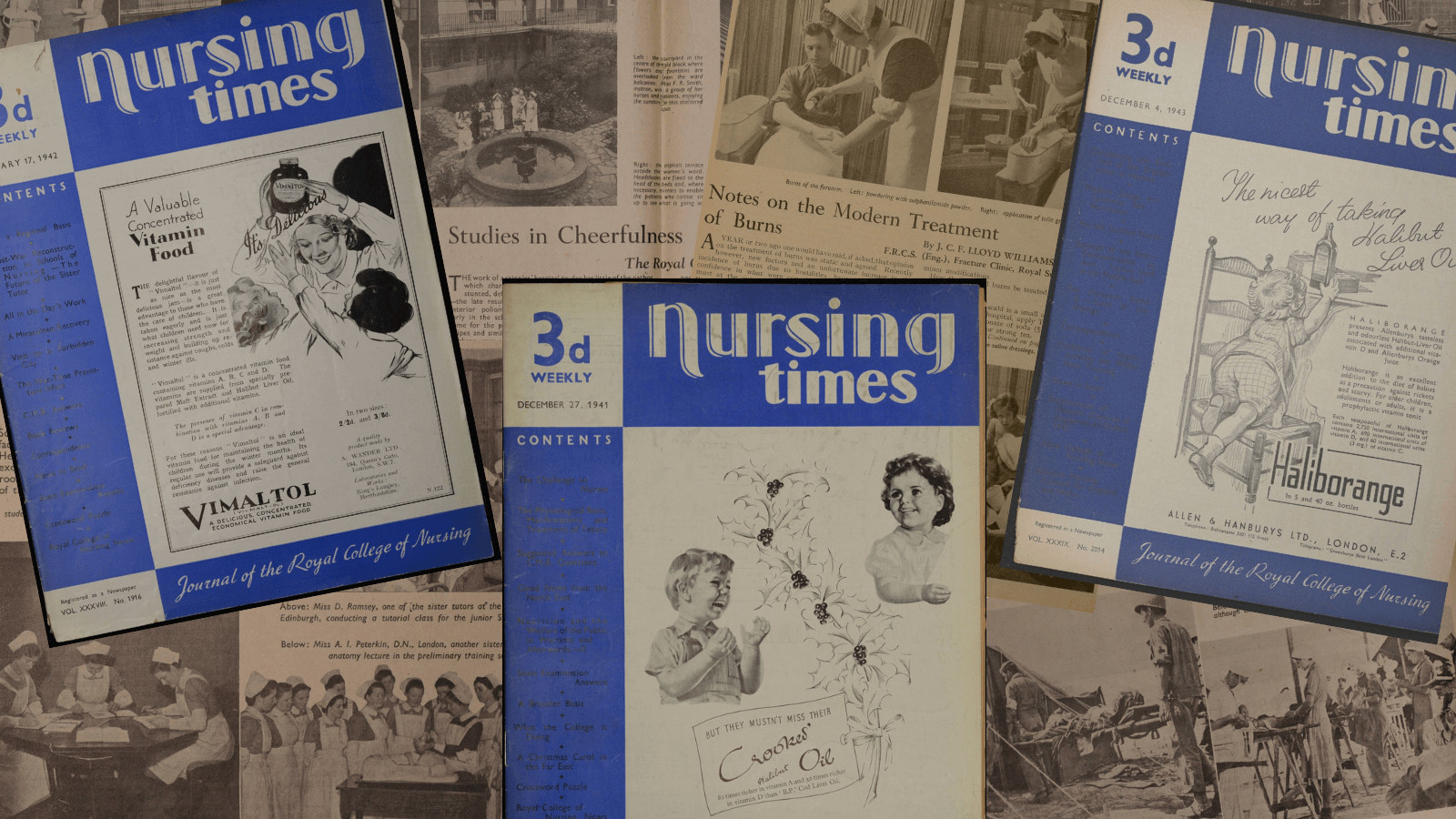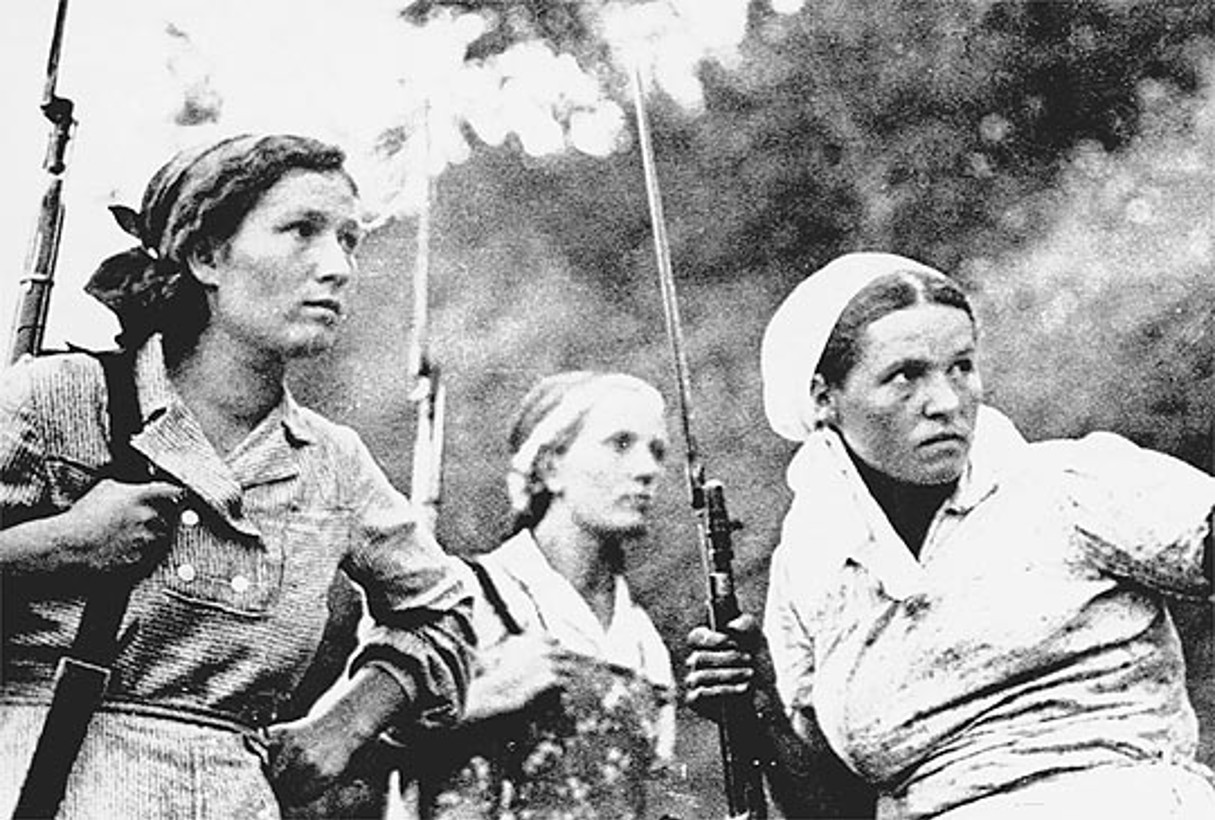│By Chloe Ann Hooper, Gale Ambassador at the University of Glasgow│
Although what inspired me to enrol in an English Literature degree course was my love of reading, throughout my undergraduate studies I found that, after spending hours a day making my way through reading lists, the last thing I wanted to do was pick up another book! Having since spoken to friends who studied the same course as me, I’ve found out that I wasn’t the only one who had felt this way – it actually seems to have been a fairly common experience. I didn’t realise that at the time, however, and thought that I was a fraud for passing the course while not acting like a stereotypical “reader”.
What took my friends and I a long time to realise is that reading a book to study it in class is a very different experience to reading a book for fun. Even after graduation, getting back to reading what you love can be a long and frustrating process which is why I decided to put this blog post together. Chances are that you’re not going to be reading a lot of action-packed mystery novels or YA romance/adventure books while at university, but after exploring Gale’s literature resources I found a few tools that students can use to stay inspired by and engaged with the written word.
Read more






 The schools within the Nazarbayev Intellectual Schools group have access to the
The schools within the Nazarbayev Intellectual Schools group have access to the 